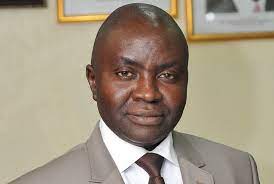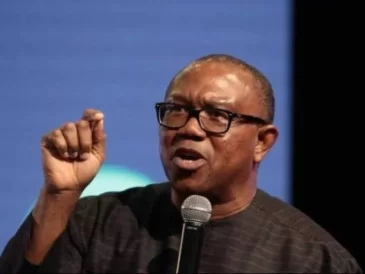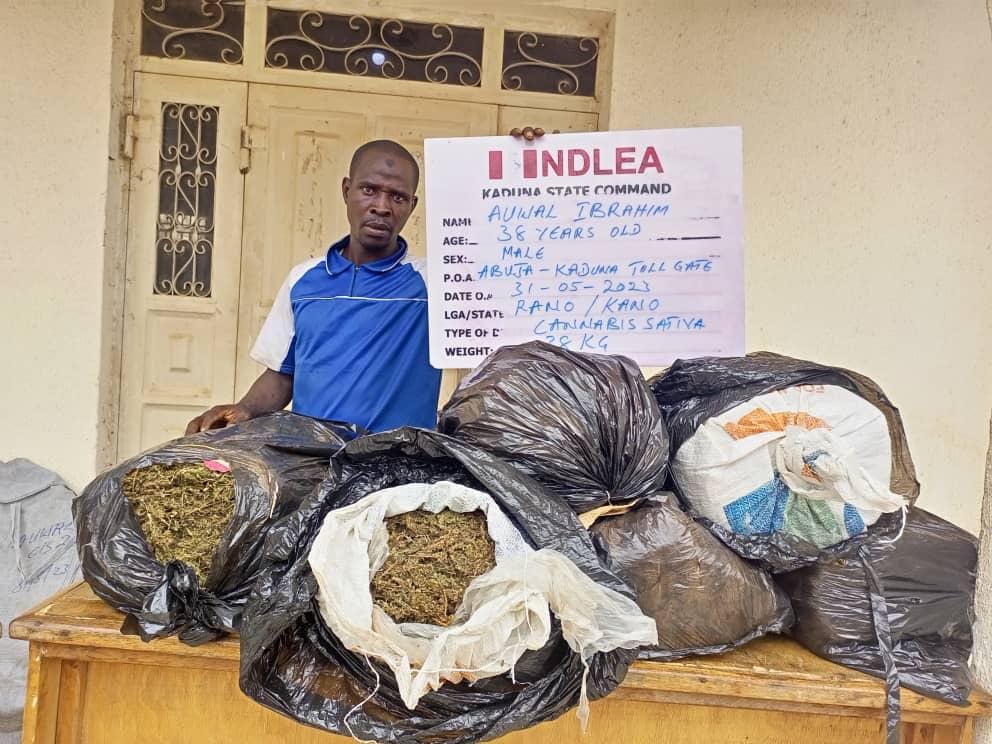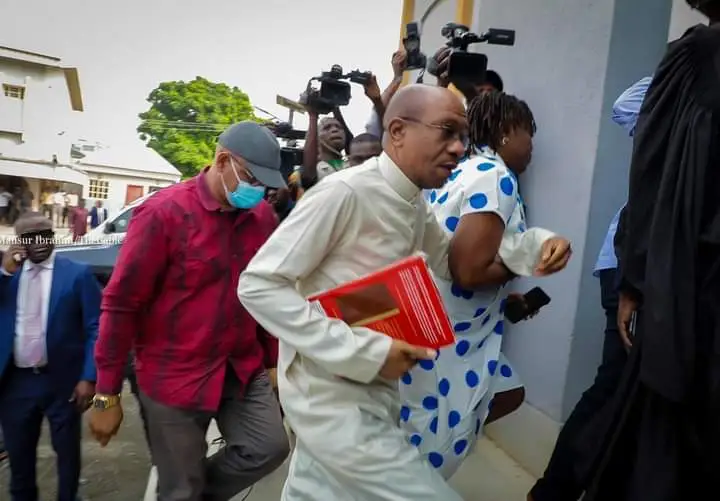Lagos, July 9, 2023 -The Centre for Public Enterprise, a private sector think tank, has called more for reforms, while commending President Bola Tinubu for the recent Executive Orders.
The think tank made the call on Sunday in a statement signed by its Director-General, Dr. Muda Yusuf.
It said the Executive Orders were moves to normalize policy implementation processes consistent with the national tax policy and best practice principles.
It said the Executive Orders demonstrated the sensitivity of the Tinubu administration to the predicament of the manufacturing sector which had been troubled over the years as indicated by some economic indices.
The CPPE also commended the Tinubu administration for the recent reforms on petrol subsidy withdrawal and reforms in the foreign exchange market.
It said the reforms would create ample fiscal space, reduce fiscal deficit, enhance social spending prospects to protect the vulnerable segments, and facilitate the stability of the macroeconomic environment.
“The good news is that all the three tiers of government would be beneficiaries of the increase in revenue – federal, states and local governments.
“We propose four dimensional channels of utilization of these additional revenues.
- The first is to commit part of the revenues to fill the holes created by the recurring fiscal deficit. This will gradually reduce fiscal deficit, and by extension, the growing burden of debt.
- The second channel is to increase the wages of public sector workers across all levels and in all tiers of government. This would mitigate current hardship inflicted by the fuel subsidy removal through an enhancement of their purchasing power.
- The third channel is to provide reliefs to the populace by giving generous import duty concessions on agricultural sector inputs and machineries, intermediate products for manufacturers which are not available locally, generous fiscal incentives for food processing companies to reduce the cost of staple foods, and scrapping of Import duty on industrial machineries and equipment. Other sectors deserving of tariff concessions are health, power generation, renewable power equipment, and machineries for petroleum refining.
- Import duty on 15-seater passenger buses and above should be slashed by 50%. This would make it possible for more corporate bodies, government agencies and commercial transport operators to invest more in the provision of mass transit buses for their staff and commuters. This would ease the burden of high transportation cost. Also Import duty on cars of 2000cc engine capacity and below should be similarly reduced by 50%. This would give relief to the middle class and improve the supply side of public transportation.
“We are confident these concessions would not materially affect the revenue of the government. If anything, it would reduce the rate of the smuggling of vehicles into the country”.
On the fiscal side, the CPPE advised the Federal Government against the decision of the FIRS to undertake VAT collection in the informal sector for the following reasons:
- The economics of collection does not support the move. The cost of collection would be much more than the amount that could be collected.
- Over 98% of the informal sector traders are microenterprises who do not fall within the threshold of entities that are liable for VAT payment.
- The informal sector associations are highly fragmented. It would be impractical to develop a partnership framework with the market associations for the collection as contemplated by the FIRS.
- Most informal sector operators have not recovered from the shocks of the fuel subsidy removal and the associated inflationary impact.
- Most informal sector operators have no records which could be used for purposes of assessment. There is therefore a high risk of arbitrary assessment.
- The literacy level of the operators in the sector is very low which would create communication issues.
- The political cost to the government will be very high.
- Most informal sectors are already paying all manner of levies to local governments, and several non-state actors. The government need not burden them with additional taxes.
“The FIRS should think of more creative ways of taxing the informal sector players in ways that will be more cost effective, less disruptive and with minimal political cost.
“More importantly, the FIRS should adopt the pareto principle of focusing on the few players and individuals that could give the highest revenue yield. This is a model appropriate for an economy with high level of inequality like ours,” CPPE said. (GBN)





